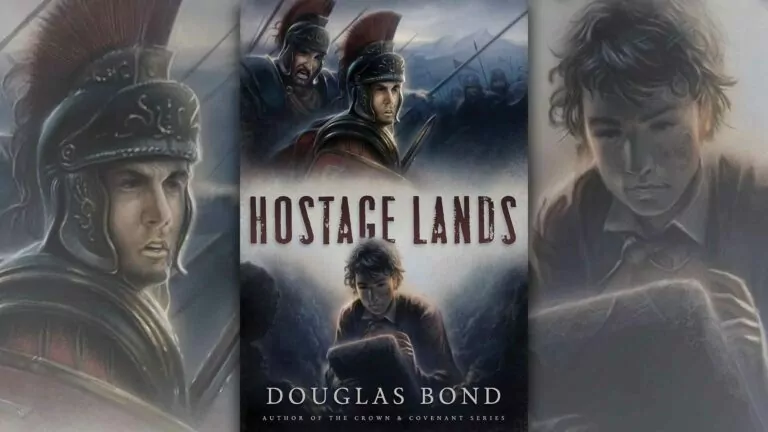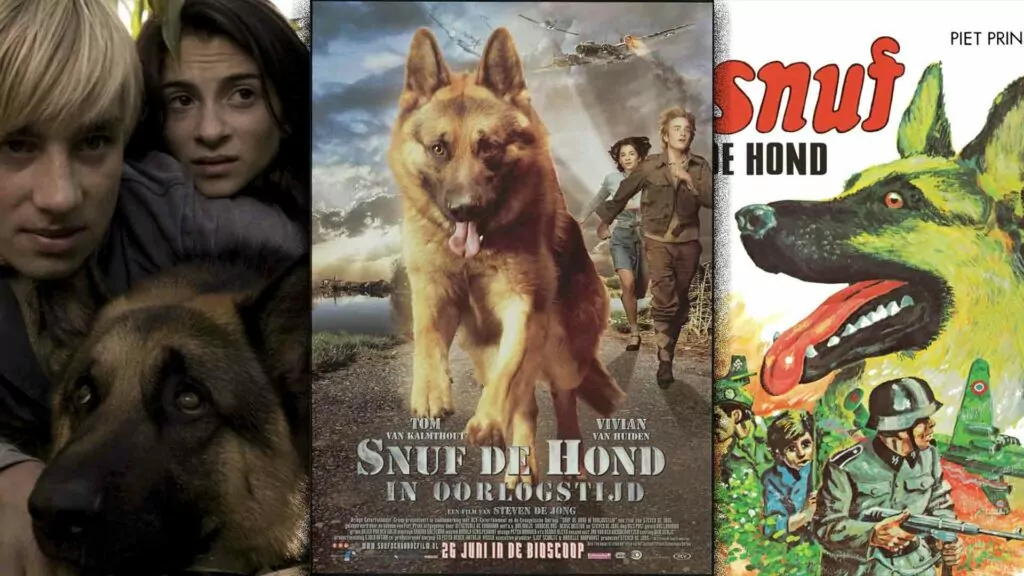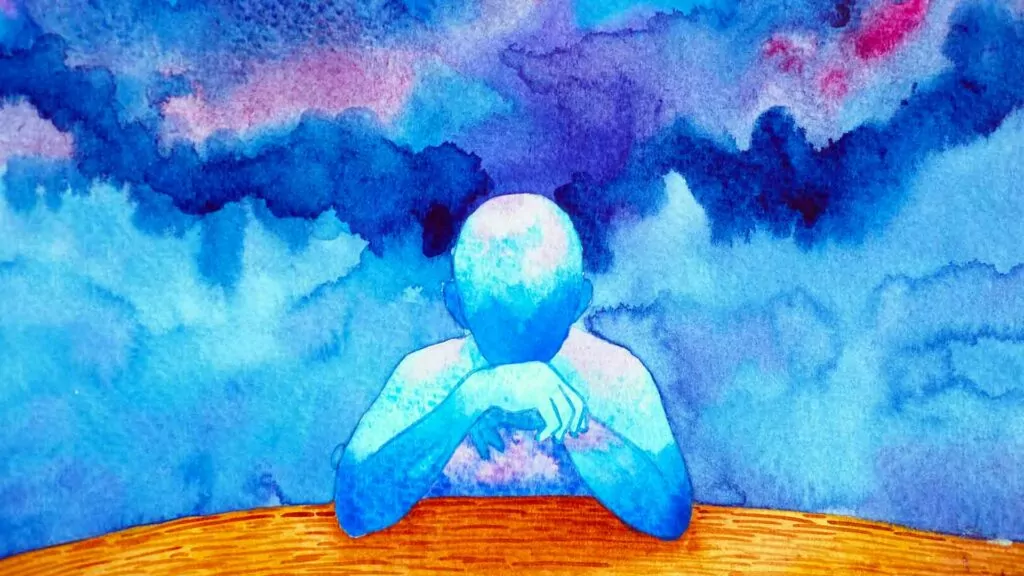by Douglas Bond
2006 / 235 pages
Rating: Good/GREAT/Give
“When am I ever going to use this?” It’s a question that comes up frequently in classrooms around the world. And it’s a question Neil Perkins, a British lad, is asking about his Latin class. But while some students have to wait years to put the lessons they learn to practical use, Neil only has to wait until later that same day.
On his way home from school Neil takes a nasty spill off of his ATV, creating a small crater where the machine lands. In this crater he discovers tablets covered in Latin. So Neil, with the help of his previously underappreciated Latin teacher, starts translating them. He finds out they comprise a story told by a Roman centurion who lived two thousand years ago!
This is really two stories in one, the first a short one about a boy named Neil who doesn’t like his Latin class and doesn’t talk much with his dad. This accounts for 6 of the book’s 37 chapters, serving mostly as an introduction and conclusion to the larger story about Roman Centurion Marcus Aurelius Rusticus. The Centurion’s story starts with his account of what he suspects will be a suicide mission into the lands north of Hadrian’s Wall, the territory of the savage Celts. Rusticus only manages to escape death with the help of a friendly Celt, Calum, who he soon discovers is a very different sort of man, for Calum is a Christian.
Bond’s book is a great read, and also has a strong message, contrasting Christianity with worldviews that elevate power, the State, and honor as supreme. This is a boy’s book, for the ten to early teens range, but adults could enjoy it too, especially reading it aloud to their kids.











